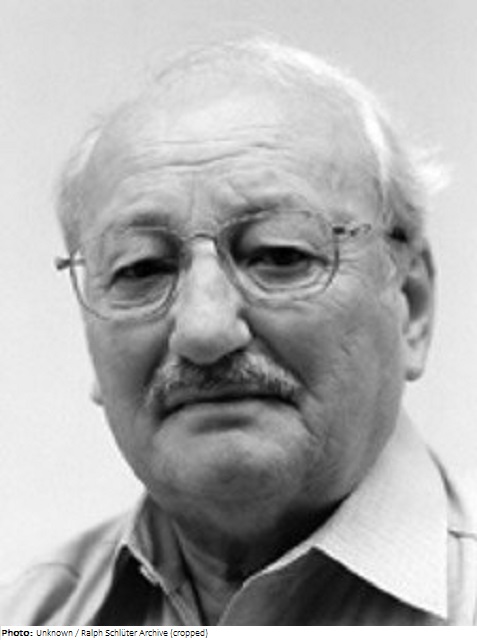
| Roles | Competed in Olympic Games (non-medal events) |
|---|---|
| Sex | Male |
| Full name | René•Hemmer |
| Used name | René•Hemmer |
| Born | 27 December 1919 in Rodange, Luxembourg (LUX) |
| Died | 9 September 2019 (aged 99 years 8 months 13 days) in Luxembourg, Luxembourg (LUX) |
| NOC |  Luxembourg Luxembourg |
René Hemmer came from a musical family and played the trumpet in local bands as a child. At age 16, he began his training at the conservatory of the capital city of Luxembourg. In 1939 he became a member of the Grand Ducal Military Band, playing trumpet and cello. Later, Hemmer became principal flugelhornist there, retiring in 1976 as chief adjutant of the military band. In addition, he conducted various orchestras, bands, and choirs in Luxembourg and gave music and trumpet lessons.
During the German occupation in World War II, he had to play in a German uniform in the music corps of the Schutzpolizei (uniformed police), but in 1944 he was imprisoned for several months as a resistance fighter. It was not until the 1950s that Hemmer began to compose: Orchestral works, chamber and wind music, but also serial music. He died shortly before his 100th birthday at his home in the Zessingen district. After having been first noticed as a conductor, he was later better known as a composer. Olympia, a “Prelude for Orchestra”, does not appear in any listing of his works. In 1956, on the occasion of the Melbourne Games, he composed an Olympic March: for Military Music.
| Games | Discipline (Sport) / Event | NOC / Team | Pos | Medal | As | |
|---|---|---|---|---|---|---|
| 1952 Summer Olympics | Art Competitions |  LUX LUX |
René Hemmer | |||
| Music, Compositions For Orchestra, Open (Olympic (non-medal)) |